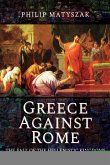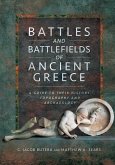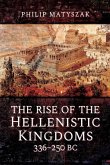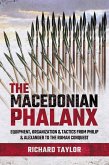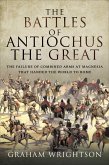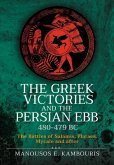"An excellent book" that takes a new look at the historic clash between the ancient Greeks and Persians (Army Rumour Service). The Battle of Marathon in 490 BC, in which an Athenian-led Greek force defeated a Persian invasion, is one of the most decisive battles in antiquity, studied for centuries. It is famed as a triumph of the Greek hoplite heavy infantry phalanx against massively superior Persian numbers. But this exciting reassessment of the evidence, including new archaeological findings, overturns many long-held assumptions. In particular, the authors argue that the Greek numerical inferiority was less marked than previously thought, largely because the hoplites were accompanied by many light infantrymen who are given unprecedented credit for their role in the fighting. The contribution of these poorer citizens, it is argued, led to the immediate strengthening of democracy in Athens. Also tackled is the much-debated mystery of the whereabouts of the Persian cavalry, generally thought to have been absent on the day of battle. Their bold answer is that it was not only present but played a central role in the fighting. However, the Greeks managed to defeat the Persian cavalry by their ingenious use of the terrain. The authors also claim to have located the site of the Greek camp. This thoroughly researched and compelling reassessment is an exciting new take on this justly famous event.
Dieser Download kann aus rechtlichen Gründen nur mit Rechnungsadresse in A, B, BG, CY, CZ, D, DK, EW, E, FIN, F, GR, HR, H, IRL, I, LT, L, LR, M, NL, PL, P, R, S, SLO, SK ausgeliefert werden.



